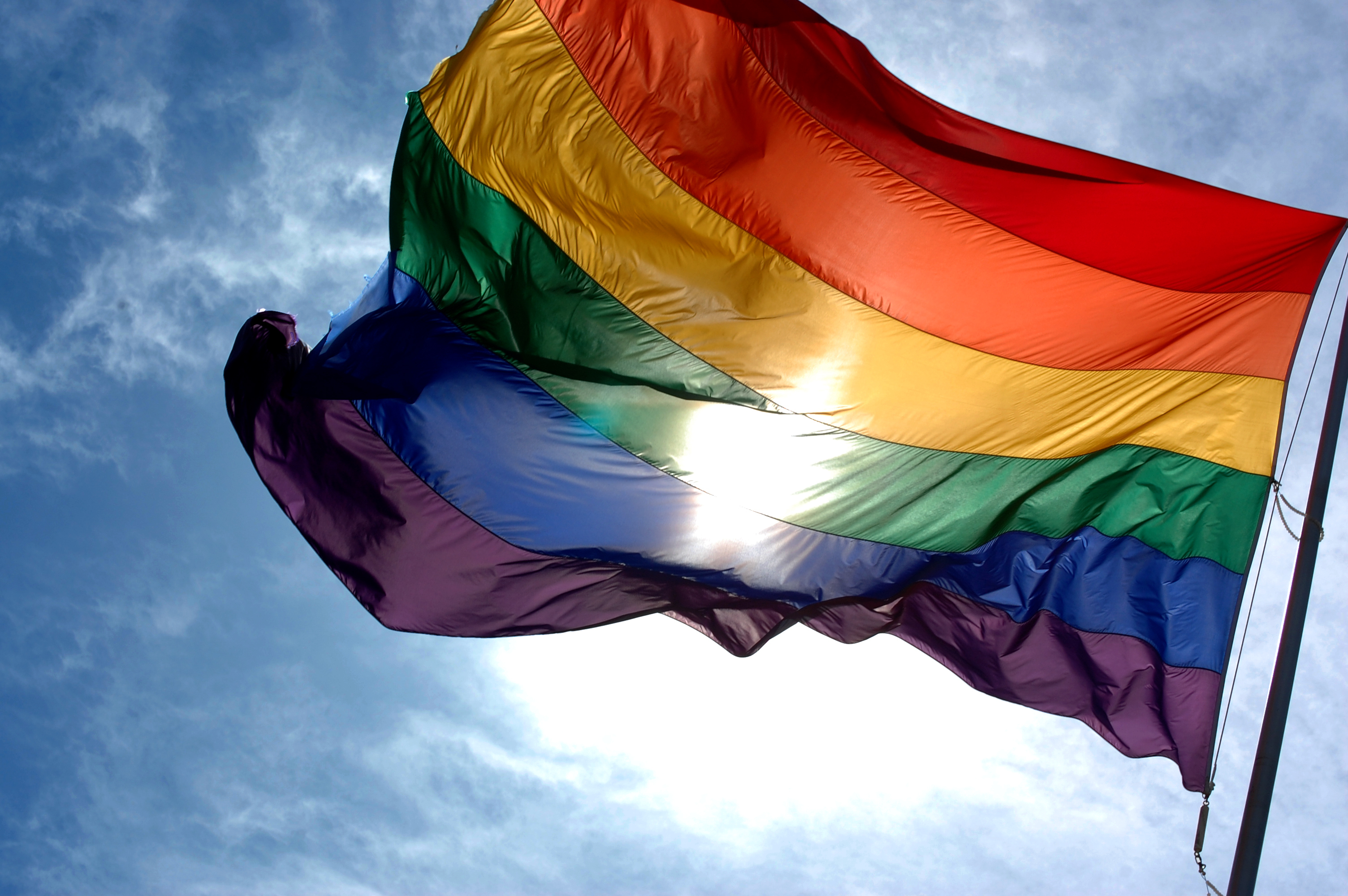Being An Ally At Pride

I have lived in the Bay Area for the past two years since starting college at UC Berkeley, and have attended two San Francisco Pride Parades. I love going to our Pride, which is the largest gathering of the LGBTQ community and allies in the nation: 6.2 percent of San Franciscans identify as LGBTQ, which is 2.6 percentage points higher than the national average. The energy and excitement of the day is felt throughout the entire Bay Area. The streets are filled with traffic, and public transit brims with happy people wearing colorful makeup and costumes (or no clothes at all). My friends from UC Berkeley and I wear rainbow-colored clothing and flowers in our hair, and put glitter on our faces. Some have even used the opportunity and excitement of Pride to officially come out on social media. The entire event feels like a massive party celebrating love, life, and liberalism.
But last year, before attending the SF Pride parade for the second time, I started to question why I was going and if I should even be going at all. I identify as a cisgender straight female and an ally of the LGBTQ community. I have several close friends who identify as gay and bisexual. But still, I wondered: Was I really being an ally by attending, or was I benefitting from a celebration that has nothing to do with me? Could I really celebrate taking pride in an identity that I myself do not have? Was Pride just a way for me to realize a stereotypical straight girl fantasy of having a gay best friend take her to a great party?
I also realized other aspects of the event made me uncomfortable beyond my own attendance. I had noticed that there were a lot of corporate sponsors of the parade. By capitalizing on a large gathering of people to shamelessly promote their own brand and interests, these sponsors detracted from the spirit of celebrating the LGBTQ community. Additionally, while it was inspiring to see people embrace public nudity at these events, I also noticed that some male attendees were taking pictures of other unclothed people, who seemed unaware that they were doing so. Taking photos of unaware people violates their consent and counters SF Pride’s celebration of a comfortable and safe space for all people to enjoy their own body and sexuality.
Before this year’s pride, therefore, I decided to talk to my friend who identifies as gay about my feelings of discomfort surrounding going to the parade as a cisgender straight female. Together we decided that although the LGBTQ community should be at the forefront of Pride, and their own celebration of their marginalized and oppressed identities prioritized, allies also matter and should be present there. But this dynamic is a fine line: Going to Pride event does not automatically make a person an ally. Anyone can wear lots of colors and watch a parade on the streets of San Francisco. Showing up to an event one day out of the year while not giving the LGBTQ community a thought for the other 364 is not allyship. Treating people as a focus group to further a corporate agenda while they try to celebrate the vibrancy and resilience of the LGBTQ community is not allyship. Violating the consent of people by taking pictures of them without their knowledge is not allyship.
Instead of interrogating whether or not I personally should show up to this event, therefore, I began to think about what effective allyship means more broadly. An ally does everything they can to support the LGBTQ community when and wherever they can. On a local level, that can mean expressing compassion for LGBTQ-identified people in their life, calling out people who use harmful stereotypes and offensive slurs, and voting for politicians and policies that further support LGBTQ rights. Businesses can donate their profits to to worthwhile LGBTQ organizations like the Human Rights Campaign or the Q Foundation of San Francisco. At these events, people should always ask for consent before taking photos.
I feel incredibly fortunate to live in a part of the world that is socially progressive and liberal, especially because of the rise in intolerance and hate crimes committed against the LGBTQ community and other minority identities across the United States. The SF Pride parade is a reminder of the beauty of love and self-expression as well as a reminder of how far society has come in its acceptance of LGBTQ rights and how far we have to go.
More articles by Category: LGBTQIA
More articles by Tag: Activism and advocacy


























